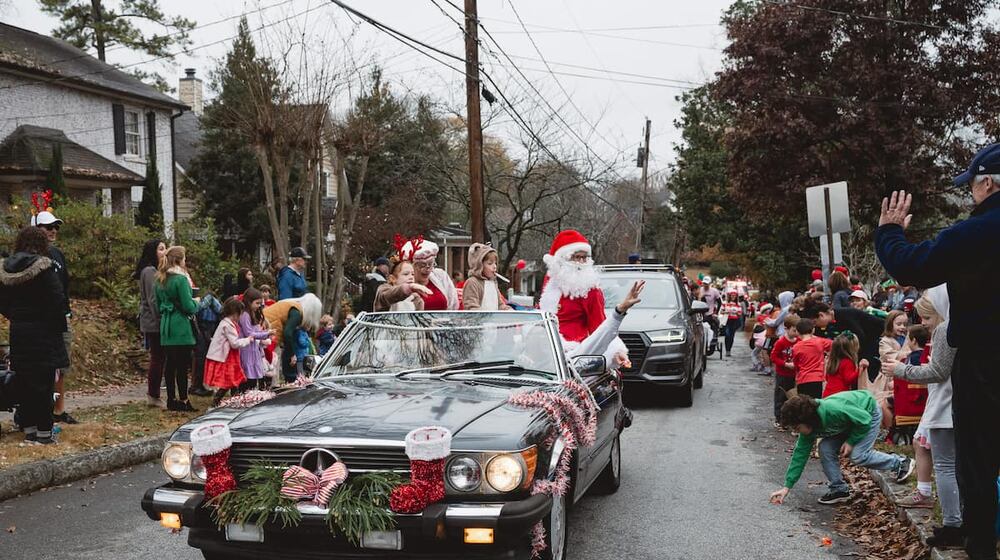Sometime around 4:45 this morning, Kirk Smith slipped out of bed careful not to wake his wife, dressed and headed out across Athens for his morning run.
As soon as his feet hit the pavement, the tape in his head plays. He remembers why powering through the next 5, 6 miles is so important.
Sure, running keeps him healthy, but this isn’t about him.
Kirk Smith wants to help others through cancer research. He wants to do something bigger than himself. He wants to instill hope in others while he can.
Since his lung cancer diagnosis in December 2013, Smith has never been more aware of his mortality, and yet he's never felt more alive. Finding your life's purpose can do that to a man.
And so he pushes past the pain, pressing hard toward the Oct. 22 PPD IRONMAN North Carolina triathlon presented by New Hanover Regional Medical Center, where he’ll race with Team Free to Breathe to fund lung cancer research and, hopefully, double survival rates.
According to the nonprofit, over 221,000 people are diagnosed with lung cancer each year in the United States. Of those, between 20,000 and 30,000 are among people who have never smoked, like Kirk Smith.
He was running from his office one night in December 2013 when his chest started to hurt. The advertising executive, then 51, had felt it before, but this was different. About a half mile away, the pain was so severe, Smith had to stop.
“I turned and walked back,” he said.
After mulling over his options, Smith decided to drive himself to the hospital. Maybe there was a problem with his heart.
The emergency room doctor said his ticker was fine, but she noticed something on a scan. He’d have to spend the night there. The next day, doctors performed a bronchoscopy to take a look inside Smith’s lungs.
The day after Christmas, he and his wife learned he had two tumors in his left lung, and one of them, the one causing the pain, was pinching off part of the blood supply to his airway.
Kirk Smith was never what you might call a super athlete, but he lived like one. Every chance he got, he was moving, pounding the dirt on his feet or on a bike. He’d played football and run track all through high school, and when he arrived at the University of Georgia in 1981, he took up intramural sports.
“Not that I thought I was immune to cancer, but lung cancer didn’t make sense,” he said.
Smith had never smoked a cigarette a day in his life, but he had a genetic mutation, called anaplastic lymphoma kinase or ALK positive, that predisposed him to developing the deadly disease. To make matters worse, doctors told him his cancer had progressed to stage 3B. There was little chance he'd be around much longer.
Lung cancer is the leading cause of cancer-related deaths among men and women and the third-leading cause of death in the United States, said Dr. Cynthia Shepherd, an oncologist at the University Cancer and Blood Center in Athens.
But there was good news, too. Thanks to research, instead of the standard “one size fits all” chemotherapy, Shepherd could not only pinpoint Smith’s particular mutation, something doctors couldn’t do just 10 years ago, they had an Food and Drug Administration-approved drug called Zykadia to treat it.
“I take four pills a day,” he said. “It’s a chemotherapy drug specifically targeted for that mutation.”
There’s little chance Smith will ever see a cure, but two and a half years into treatment, his tumors are still shrinking.
This IRONMAN event, sponsored by New Hanover Regional Medical Center, is a way to show that these new drugs work and allow him to live an active lifestyle.
Since 2005, Free to Breathe has raised over $14 million to support groundbreaking research and educational programs. This year, the organization will fund two new lung cancer research grants totaling over $1.2 million.
But there's more to do. There are still eight spots remaining on Team Free to Breathe. To join, log onto www.freetobreathe.org/ironman.
Smith signed on because he’s benefited from the research Free to Breathe funds. This is not about gaining sympathy votes.
“I want to run this race and perform well,” he said. “I’d love to break 5 hours. I did it when I didn’t have lung cancer. The question is: Can I do that in this race?”
Something tells me he most certainly can.





